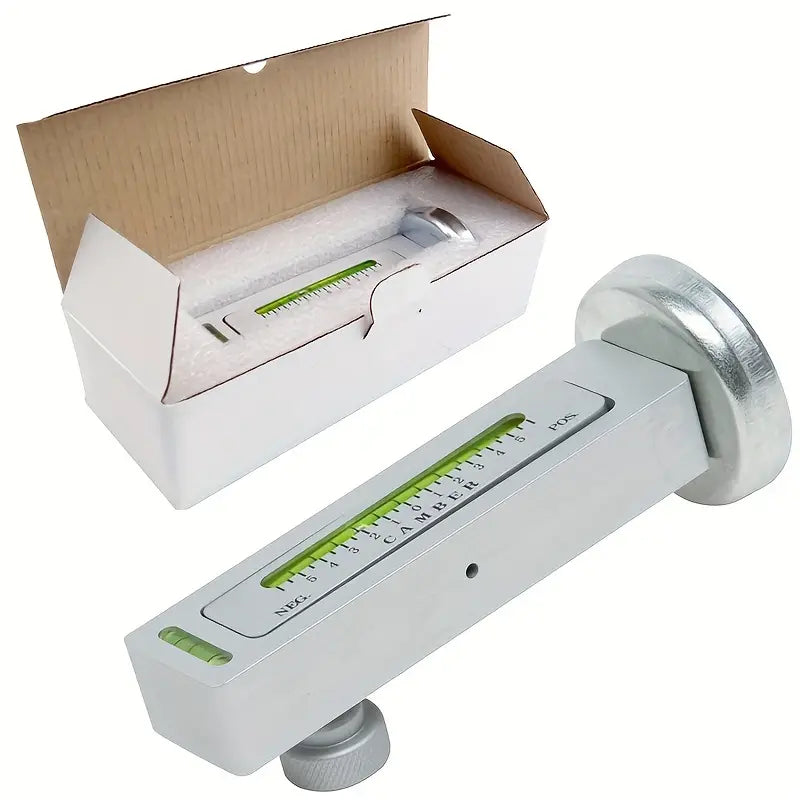Car Electrical Circuit Testers Everything You Need to Know
Car electrical circuit testers are essential tools for any car owner or mechanic. These devices are used to diagnose and troubleshoot problems in a car's electrical system. They can help identify faulty wires, connectors, fuses, and more. With the growing complexity of modern cars, it is crucial to have a reliable circuit tester on hand. In this article, we will explore everything you need to know about car electrical circuit testers.
Understanding Car Electrical Circuits

Before diving into circuit testers, it is essential to have a basic understanding of car electrical circuits. A car's electrical system consists of a battery, alternator, starter, and various wiring and components. These components work together to power the car's electronics, such as lights, radio, and other accessories. The electrical circuit is a continuous loop that starts from the battery, flows through various components, and returns to the battery.
There are two types of circuits in a car: parallel and series. In a parallel circuit, each component has its own connection to the battery, while in a series circuit, all components are connected in a single loop. A circuit tester helps determine if a circuit is complete and functioning correctly.
Types of Car Electrical Circuit Testers

There are several types of circuit testers available on the market, each with its unique features and benefits. Let's take a look at some of the most commonly used types:
Multimeters
Multimeters are one of the most versatile circuit testers. These devices can measure voltage, current, and resistance, making them useful for various electrical tasks. Some multimeters also come with additional features like audible continuity testing and diode testing. They are relatively inexpensive and easy to use, making them a popular choice among DIY enthusiasts.
Voltage Testers
As the name suggests, voltage testers are used to measure voltage levels in a circuit. They come in two types: contact and non-contact. Contact voltage testers require physical contact with the circuit, while non-contact testers use proximity sensors to detect voltage levels without touching the circuit. Voltage testers are handy for quick checks and can help identify if a wire is live or not.
How to Use a Car Electrical Circuit Tester

Using a circuit tester may seem intimidating at first, but with a little practice, it becomes a straightforward task. Here's a step-by-step guide on how to use a car electrical circuit tester:
Step 1: Familiarize Yourself with the Tester
Before using a circuit tester, familiarize yourself with its features and functions. Read the instruction manual carefully to understand how to operate the device.
Step 2: Identify the Ground Point
To use a circuit tester, you need to find a suitable ground point on the car's chassis. It is usually a metal bolt or screw that is connected to the negative terminal of the battery.
Step 3: Turn on the Ignition
Start the car's engine by turning the key to the "on" position. This will power up the electrical system and help you identify any issues.
Step 4: Connect the Tester
With the engine running, connect the tester's positive probe to the positive terminal of the battery and the negative probe to the ground point.
Step 5: Test the Circuit
Now it's time to test the circuit. Touch the probe to the desired connection point and observe the tester's readings. If the circuit is complete, the tester will show a reading close to zero; otherwise, it will display an open circuit message.
Step 6: Check for Continuity
If your circuit tester has an audible continuity feature, you can use it to check for continuity in wires and connections. In this mode, the tester will beep continuously if there is a complete circuit.
Advantages of Using a Car Electrical Circuit Tester

Car electrical circuit testers offer several advantages, making them essential tools for car owners and mechanics. Here are some of the benefits of using a circuit tester:
- Quick and accurate diagnosis of electrical problems
- Saves time and money on unnecessary repairs
- Easy to use, even for beginners
- Versatile and can be used for various electrical tasks
- Helps prevent electrical accidents and shocks
Common Misconceptions About Car Electrical Circuit Testers

There are some misconceptions about circuit testers that may prevent people from using them effectively. Let's debunk these myths and clarify any doubts you may have:
Myth 1: Circuit Testers are Only for Professionals
While it is true that mechanics and professionals use circuit testers extensively, they are also suitable for DIY enthusiasts. With a little practice and understanding of basic electrical concepts, anyone can use a circuit tester to diagnose and troubleshoot issues.
Myth 2: All Circuit Testers are the Same
This is not entirely accurate. As we discussed earlier, there are different types of circuit testers, each with its unique features and functions. It is essential to choose a tester that suits your specific needs and budget.
Myth 3: Circuit Testers are Expensive
While some high-end circuit testers may come with a hefty price tag, there are plenty of affordable options available in the market. You can find reliable and accurate testers at reasonable prices, making them accessible to everyone.
Frequently Asked Questions (FAQs)
What is the difference between a multimeter and a voltage tester?
A multimeter can measure voltage, current, and resistance, while a voltage tester only measures voltage levels.
Can I use a circuit tester to check my car's battery?
Yes, you can use a circuit tester to check the voltage level of your car's battery.
How often should I use a circuit tester on my car?
It is recommended to use a circuit tester at least once a month to check for any potential electrical issues.
Can I use a circuit tester on a hybrid or electric car?
Yes, you can use a circuit tester on hybrid and electric cars; however, it is essential to follow the manufacturer's guidelines and safety precautions.
Are circuit testers safe to use?
Circuit testers are generally safe to use if used correctly. However, it is essential to follow safety precautions, such as wearing protective gear, when working with electricity.
Conclusion
Car electrical circuit testers are vital tools that can help diagnose and troubleshoot problems in a car's electrical system. With the increasing complexity of modern cars, having a reliable circuit tester on hand is crucial. We hope this article has given you a better understanding of circuit testers and their importance. Remember to choose a tester that suits your needs and always follow safety precautions when working with electricity.


